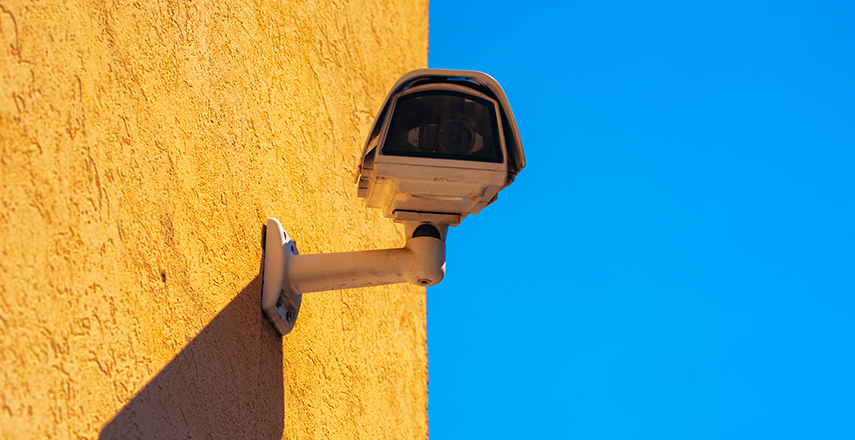Lip-reading CCTV will have a “suppressive effect” on the public

Seventy years on from George Orwell’s 1984, an increased number of new CCTV surveillance technologies slip into use unnoticed, prompting calls for greater transparency
In its most basic form, CCTV isn’t a new technology. It has been in use for decades, helping to create safer streets and playing a pivotal role in preventing or solving crimes. But now, our traditional methods of surveillance are being augmented with new technologies in order to become smarter and more effective.
New CCTV systems, which use lip-reading technology, have prompted the government’s surveillance watchdog to express concerns over runaway surveillance, warning that if it is not regulated we could be heading towards a future in which people would be afraid to talk freely on our streets.
Speaking to the Evening Standard, Tony Porter, the Surveillance Camera Commissioner said: “The capability to run lip-sync technology to determine what people are saying would have a very suppressive effect. It would change the nature of our society.”
Without fuss or furore, facial recognition CCTV has been installed on street corners, at train stations, museums and shopping centres, the civil liberties group Big Brother Watch reported.
Both facial recognition, and gait recognition, where a person’s distinct walking style is analysed, have been used across multiple sites in the UK without the public’s knowledge, storing information in databases for future use.
“On each landing, opposite the lift-shaft, the poster with the enormous face gazed from the wall. It was one of those pictures which are so contrived that the eyes follow you about when you move. BIG BROTHER IS WATCHING YOU, the caption beneath it ran.”
George Orwell – 1984
The inclusion of facial recognition into CCTV systems drew attention recently after a man was fined in Romford for covering his face to avoid detection.
In an attempt to reassure the public, the Metropolitan Police issued a statement, saying that anyone who declines to be scanned will not automatically be flagged as a suspicious person.
Tony Porter said: “It’s important to protect a free and open society and at the moment we are at risk of ceding that to the impact of technology.”
